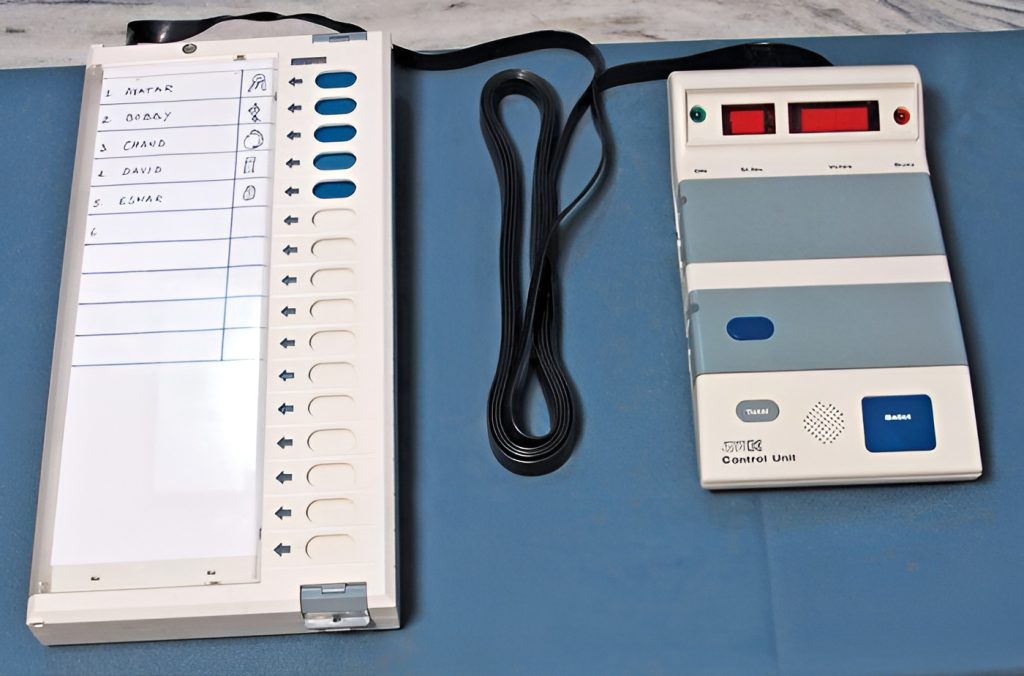The integrity of elections is a fundamental component of democratic processes. However, recent remarks made by Chief Election Commissioner (CEC) Rajiv Kumar at the 18th Lok Sabha election announcement have raised questions about the electoral system’s openness in India. The CEC’s casual statements and rejection of concerns about electronic voting machines (EVMs) have drawn criticism from both experts and citizens.
Though elegant, the CEC’s poetic response to opponents of EVMs misses the main point. He ignores the core tenets of democracy by arguing that only losers doubt the accuracy of EVMs. Elections are the means by which citizens exercise their sovereignty; they are not just contests between political parties. As a result, voting process integrity is crucial.
Transparency is necessary for democracy at all election-related stages. Citizens should have complete faith in the fairness of the system, from the point of casting a ballot to counting the results. These ideas are emphasised in the latest report from the Citizens Commission on Elections, which highlights the necessity of auditability and verifiability in voting processes.
In contrast to what the CEC claims, there is reason for concern over EVMs. Experts from throughout the world have made good points about how easily EVMs may be manipulated. The CCE report emphasises that the current system is unsuitable for democratic elections because it lacks end-to-end (E2E) verifiability.
Furthermore, there are still many unanswered legal questions about EVMs. Due to the publicity that Dr. Subramanian Swamy’s 2009 court action brought to the attention of EVM vulnerabilities, the Supreme Court decided to require the adoption of VVPAT technology. But there have been many difficulties in putting these measures into place, which casts doubt on how well they would protect electoral integrity.
Notwithstanding these reservations, the public’s confidence in the voting process is further damaged by the CEC’s claim that EVMs are infallible. He weakens democracy itself by writing off valid objections as the complaints of bitter losers.
In order to resolve these issues, the Election Commission must act immediately. This entails working with experts and stakeholders to investigate alternate voting methods in addition to guaranteeing the voting process’s openness and auditability.
In order to guarantee independence and impartiality, the Election Commissioner appointment procedure also needs to be reevaluated. The Election Commission’s legitimacy rests on its capacity to protect election integrity and defend democratic ideals.
In conclusion, there is ongoing debate over the dependability of EVMs, which should not be taken lightly. It is the Election Commission’s responsibility to adopt accountability and transparency in order to rebuild public confidence in the electoral process. India can only then genuinely claim to be a thriving democracy in which each and every vote matters.
